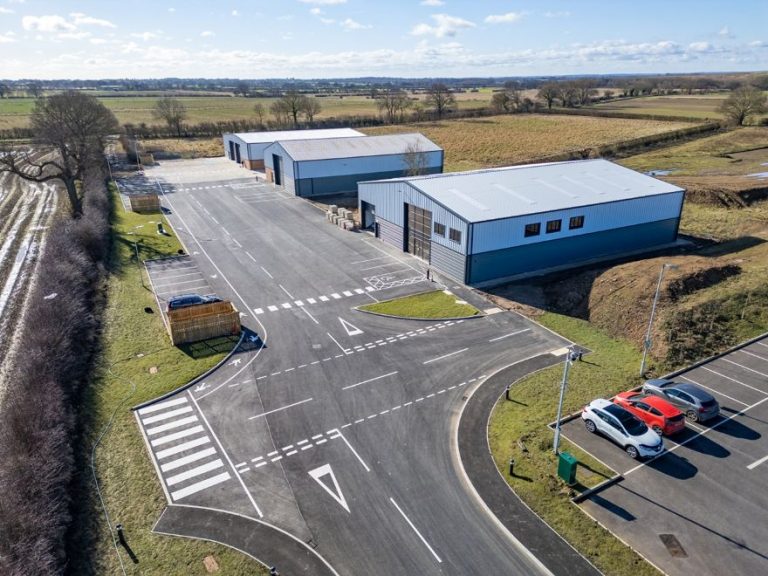A new initiative funded by Innovate UK is working to revolutionise offshore wind farm maintenance with autonomous robotic systems. Sheffield-based robotics company BOW has teamed up with ORE Catapult and ACUA Ocean in the OSIRIS project, which aims to combine drones and subsea robots to streamline operations, reduce costs, and improve safety in offshore renewable energy.
Currently, maintenance operations account for around 25% of the lifetime costs of offshore wind farms. Traditional methods rely heavily on human intervention, which is costly, time-consuming, and exposes workers to safety risks. The OSIRIS project seeks to address these challenges by deploying a fully autonomous inspection system that will be scalable and cost-effective.
BOW’s role in the project is focused on enhancing simulation and testing capabilities. The company’s software development kit (SDK) will integrate with ORE Catapult’s Synthetic Test and Unified Demonstration System (STUDS), allowing for more efficient testing of robotic systems in various environmental conditions before they are deployed in real-world offshore settings.
The project will also see ACUA Ocean’s hydrogen-powered unmanned surface vessel (H-USV) deployed as the central hub for managing and coordinating aerial and subsea robots. The combination of these robotic systems aims to reduce reliance on crewed vessels, cutting emissions and improving operational efficiency.
The initiative is part of the UK’s broader efforts to increase offshore wind capacity, with the government aiming to quadruple its offshore wind capacity by 2030. By integrating robotics into offshore wind farm operations, the project is not only set to reduce costs but also accelerate the transition to a Net Zero energy sector.
Expected to be fully operational by 2027, the OSIRIS project could set the stage for broader applications of autonomous robotics across the marine industry.












